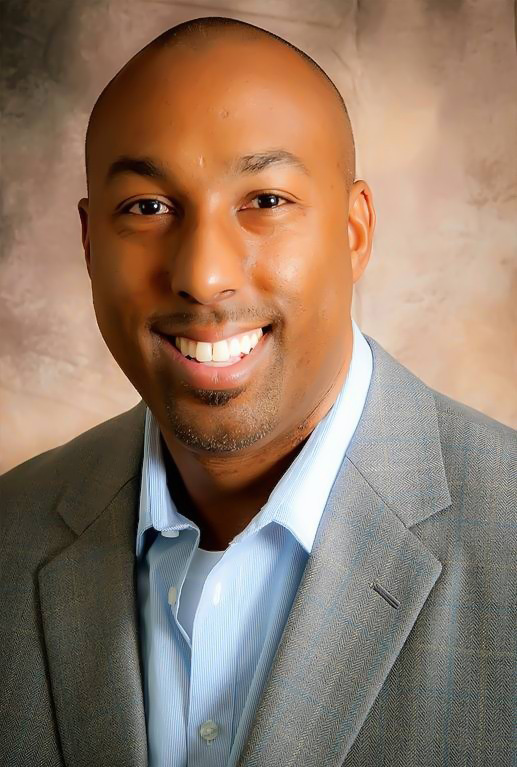
The recent surprise ruling by the National Labor Relations Board (NLRB) found that Northwestern University scholarship football players were employees of the university and had the right to form a labor union and to bargain collectively. As part of its supporting evidence for its ruling, the NLRB highlighted the amount of time athletes spend on sport-related activities and the incredible control and power that coaches have over scholarship athletes. The decision comes after several decades of pressures from advocates of college athletes for comprehensive reform of the NCAA's amateur model.
Donald Remy, NCAA's Chief Legal Officer, issued the following statement on the ruling: "While not a party to the proceeding, the NCAA is disappointed that the NLRB Region 13 determined the Northwestern football team may vote to be considered university employees. We strongly disagree with the notion that student-athletes are employees."
Of course, the NCAA objected to the NLRB ruling considering it has spent several decades defending and propagating its self-serving amateurism principles.
The NLRB ruling only applies to Northwestern, but the precedent is likely to extend to other private universities and perhaps public schools. The possibility of Northwestern football players negotiating contracts in particular will likely empower athletes who receive scholarships in other sports, including female athletes, who want to bargain collectively as a unit.
This ruling in fact could be particularly instructive for other college sports that are more likely to generate revenues such as basketball, baseball, and hockey. For example, a handful of Division I baseball programs, among others, at Louisiana State University, University of Arkansas, and Mississippi State University have successfully generated a profit.
Female college athletes are likely to gain from the NLRB decision because equal treatment of Title IX requires that colleges and universities provide them with the same collective bargaining benefits as their male counterparts.
Nonetheless, the outcomes for college athletes remain uncertain. In April 2014, Northwestern University filed an appeal to the NLRB conclusion.
The NLRB decision comes at a time when the NCAA is fighting a class-action federal lawsuit by former players, arguing that the NCAA used their names, images, and likenesses in television and other media products for commercial purposes. This pending lawsuit will require the NCAA to defend its amateurism system, and precisely prove they did not violate anti-trust law.
Indeed the NLRB decision and a pending class-action federal lawsuit could give momentum to those who believe the validity of the NCAA's amateurism defense has weakened over time primarily because of the undeniable existence of economic and commercial interests (e.g., athletics television contracts, bowl game revenue, etc.) that conflict with amateur ideals in today's college game.
Such actions against the NCAA model raise fundamental questions about college athletes' legal and financial rights.
Rather than disputing the NLRB ruling, some colleges and universities have already accepted it. Athletic stakeholders in the Pacific-12 Conference have developed a proposal highlighting a diversity of issues specific to athletes' rights and well-being that should be adequately addressed. This joint proposal has been shared with other major football conferences (Big Ten, SEC, Big 12, and ACC).
As I write, there have not been any major reactions to the Pac-12 conference proposed changes.
The media and other stakeholders in the affairs of athletics should be replete with commentary on these pending cases this summer.
Stay tuned.
Dr. Eddie Comeaux received his B.A. at Cal-Berkeley, where he also played baseball. He was drafted by the Texas Rangers and spent four years playing professional baseball.
Dr. Comeaux is currently an Assistant Professor of Higher Education in the Graduate School of Education at the University of California, Riverside, where his research interests include student engagement, intercollegiate athletics, and diversity competence and leadership in defined social systems.
Dr. Comeaux can be reached at [email protected]